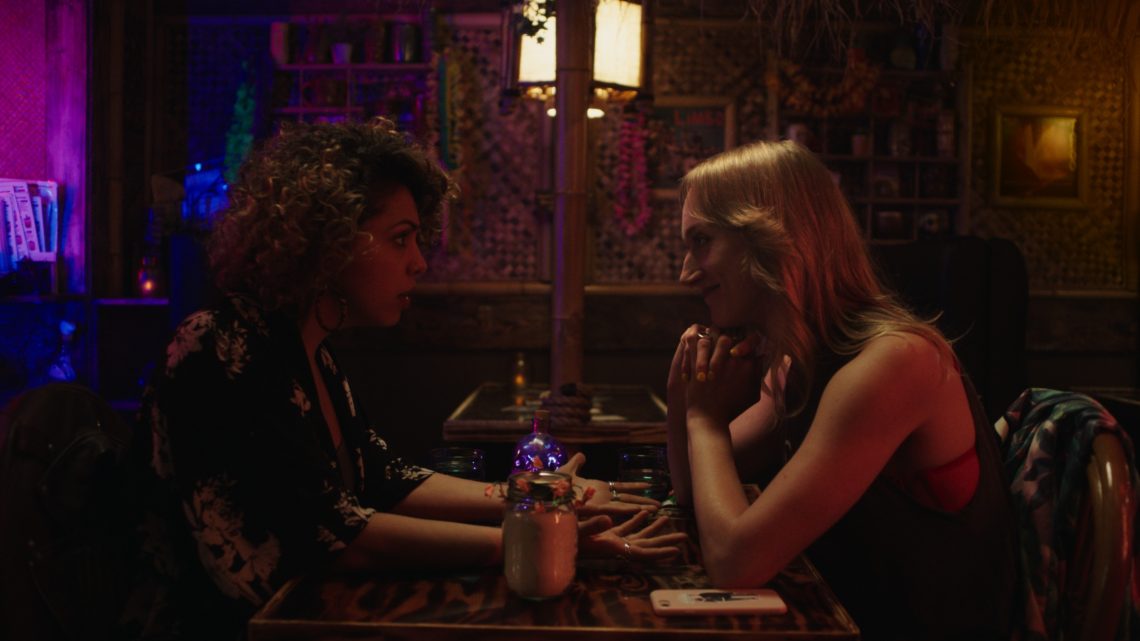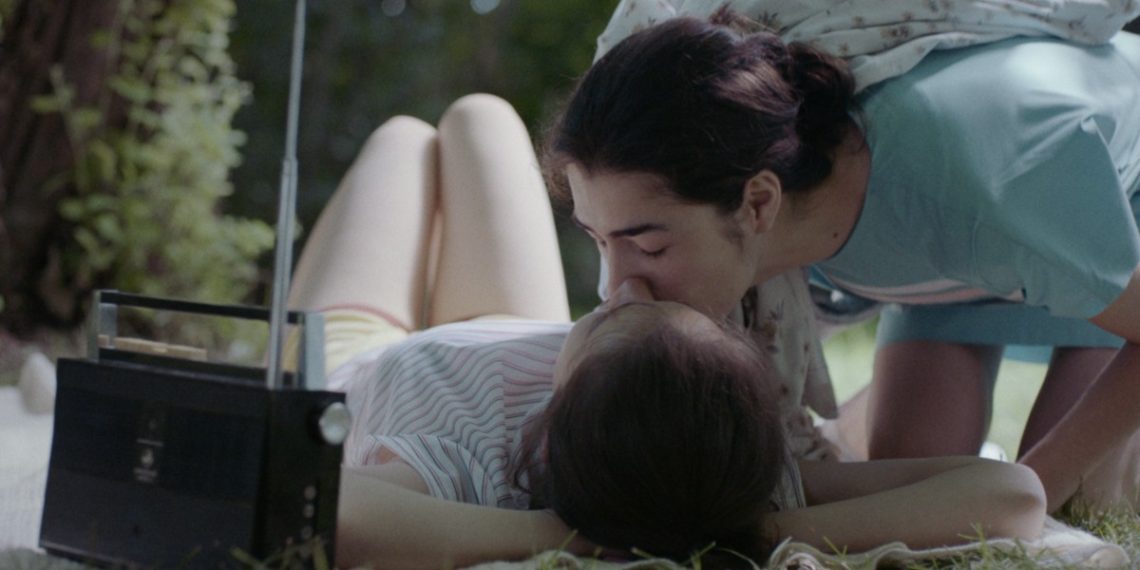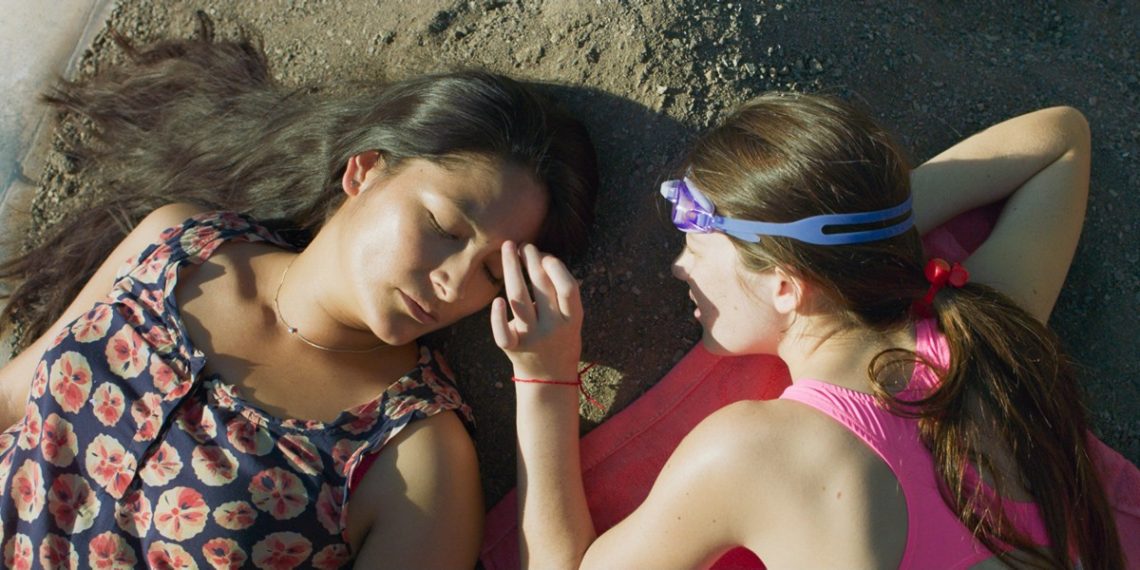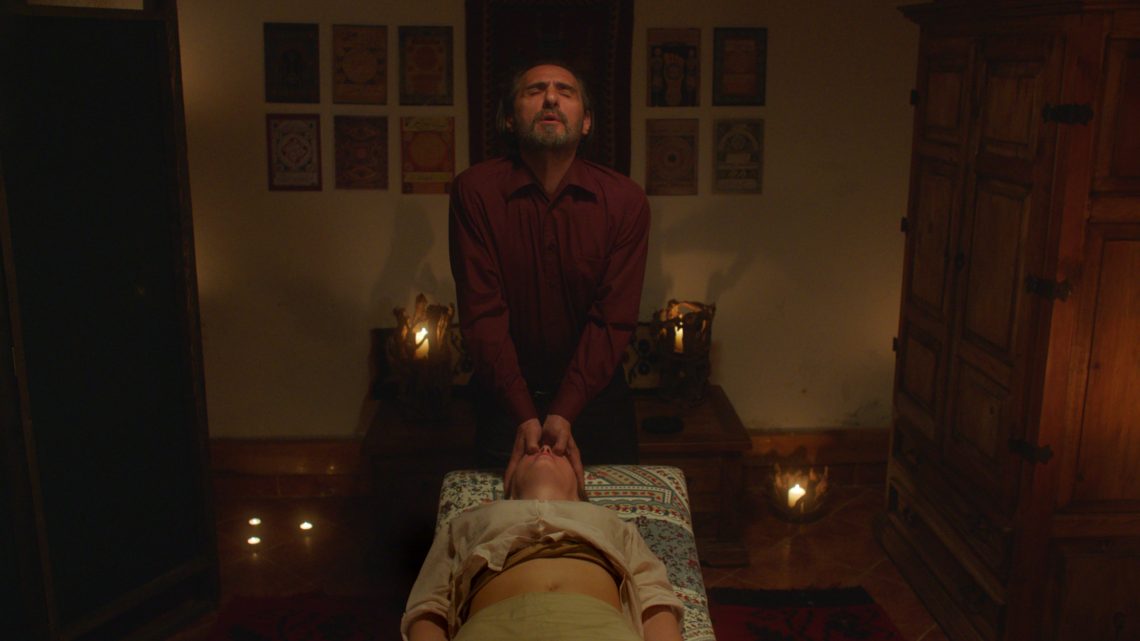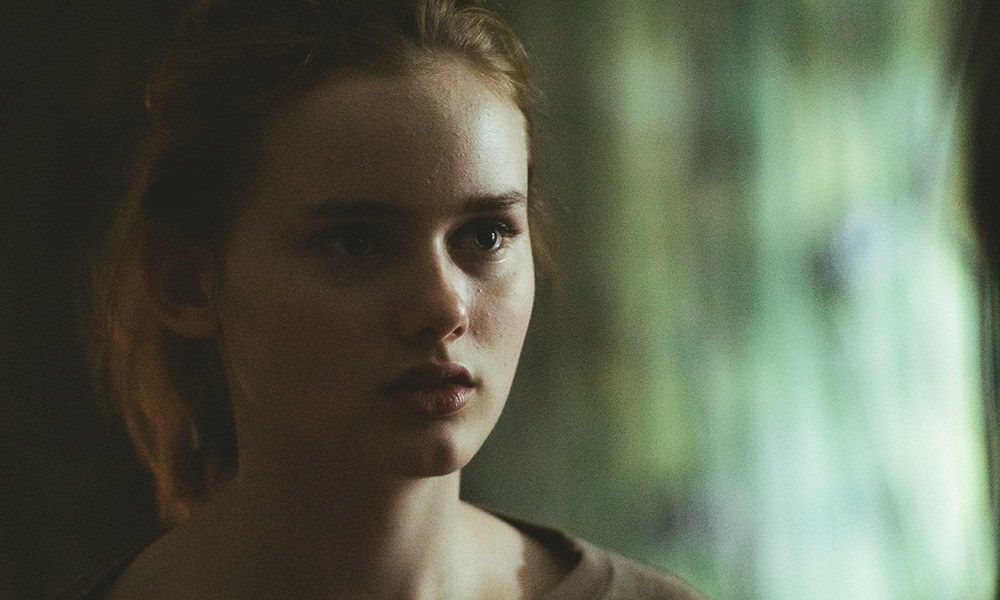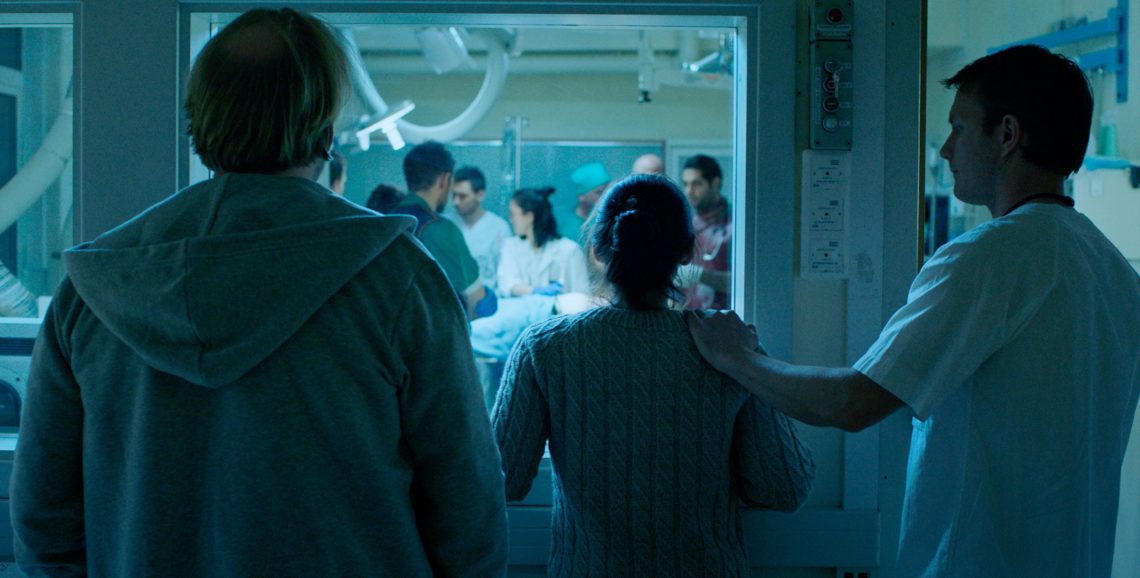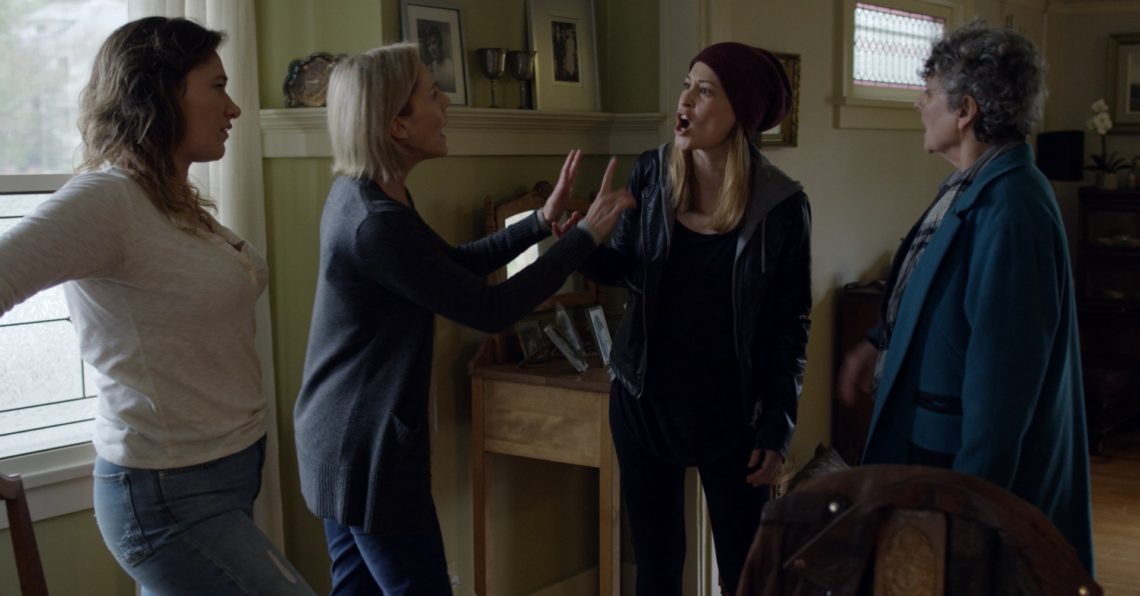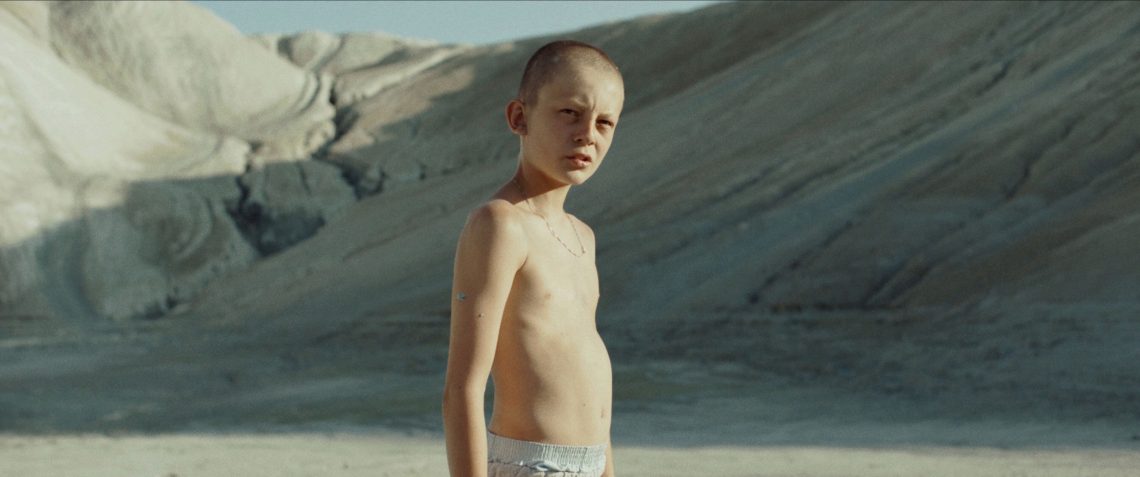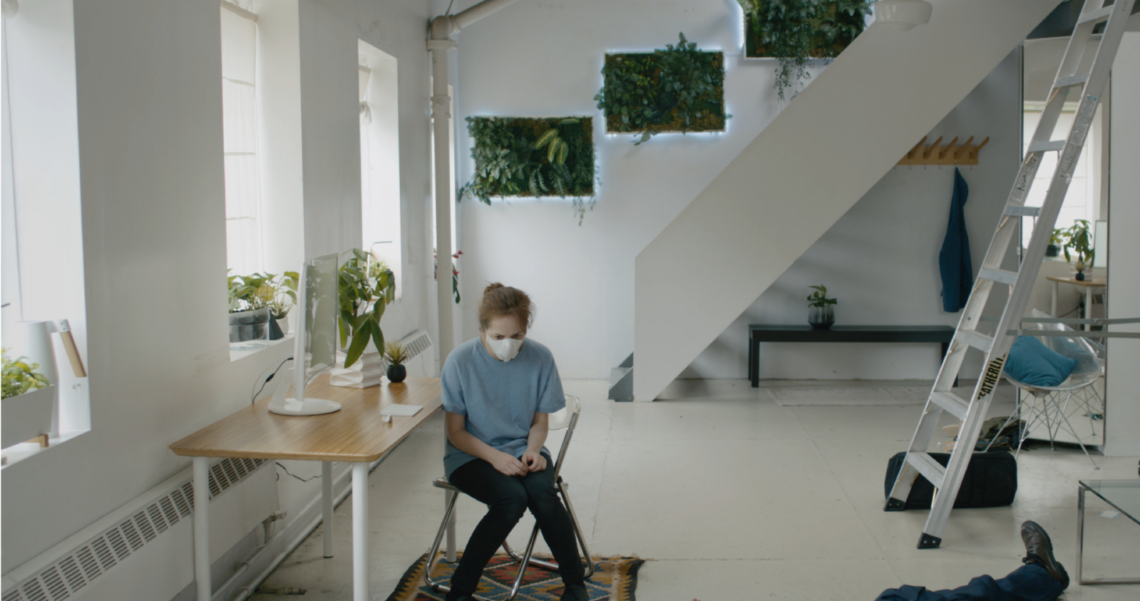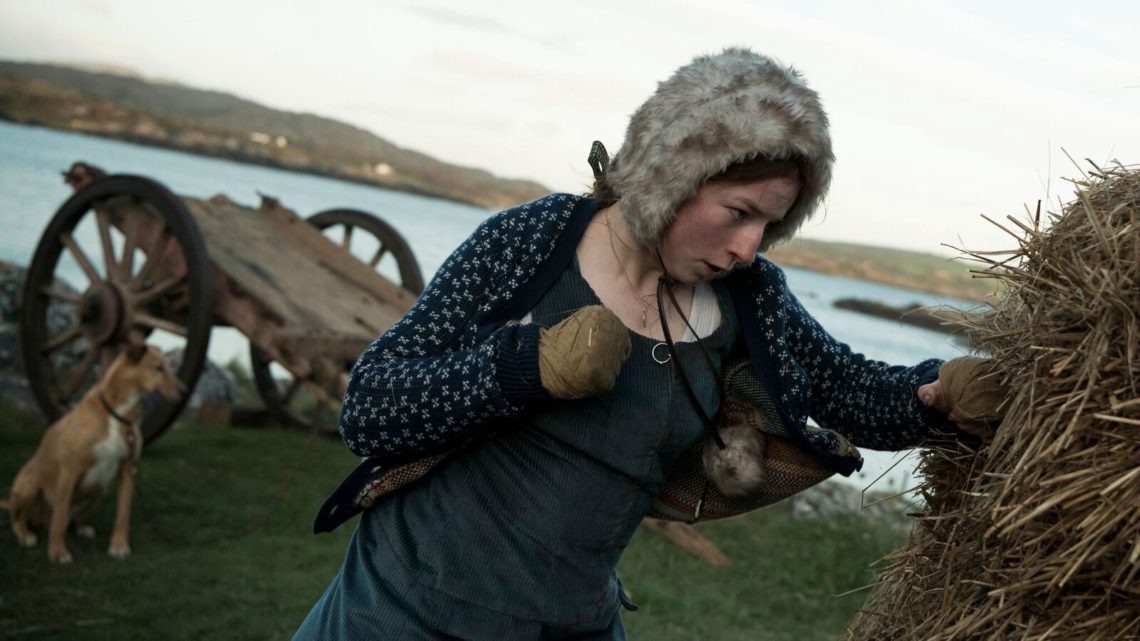Toronto International Film Festival
-
Volcano Interview: Karen Moore
“The idea came from personal experience — both with romantic relationships and friendships. I’ve been both women in the film and it’s a sort of exploration of those different people that exist within us.”
-
Comets Interview: Tamar Shavgulidze
“Can you imagine the relief brought by naming your child after your loved one, pronouncing her name million times daily without anybody figuring this out?”
-
Lina From Lima Interview: María Paz Gonzalez
“You have to dare to explore complex female characters with contradictions that go beyond the stereotypes built by a macho culture.”
-
ZANA Interview: Antoneta Kastrati
“In telling this story of war and recovery it was important for me to talk about patriarchy and society’s constructed beliefs that further imprison women. Furthermore, I do not see oppression and brutality at home as separate from violence and brutality in war.”
-
Phoenix Interview: Camilla Strøm Henriksen
“It’s very important to have somebody who believes in you or who sees you, like in the film, they don’t really have the parents but they have each other if you have one person that can help a lot.”
-
Blind Spot Interview: Tuva Novotny
“Now, more than ever, it is extremely important to use this momentum and use it well, to lay a foundation for a future where stories are told by and for all genders, ethnicities, nationalities.”
-
Kingsway Interview: Gabrielle Rose and Camille Sullivan
“Also telling our stories is really important for young people in Canada. All of the diversity, all of the multiculturalism, all those stories need to be told so that we have, we feel our identity. We feel really proud of our identity, so let’s have it reflected in our art.”
-
Fauve Interview: Maria Gracia Turgeon
“For years, the brilliance of female filmmakers has been overlooked or stifled. Let us give women from the past and now their due so that young filmmakers can easily name five female filmmakers when asked which filmmaker they admire.”
-
7A Interview: Kayla Lorette
“In my work, I want to create space for myself and other women to feel they can explore complicated emotions and play nuanced and strange characters. I never want to feel restricted in my impulses. I never want to shy away from the darker parts of my mind. Perhaps that’s an obvious thing to say, but being a woman makes that feel political.”
-
Float Like A Butterfly Interview: Carmel Winters
“I recognised there was great power in seeing a young female Irish Traveller in this light on screen. It took quite a while to get the film financed — I think because as a society we are slow to celebrate the greatness of women. But the harder it was to get made the more I knew it was needed!”
